eu-citizen.science blog
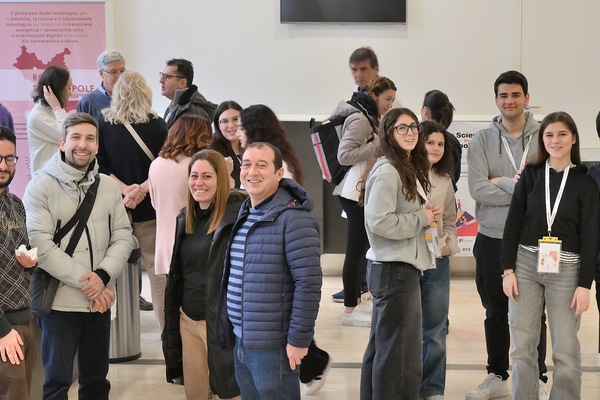
Simona Cerrato April 9, 2025, 8:45 a.m.
The Rome Technopole School in Citizen Science: Impressions from participants
As it should always be the case, human aspects, emotions and personal commitment are key for a truly positive learning experience. here are some of the immediate impressions from those who participated, in various roles, in the Rome Technopole School in Citizen Science.
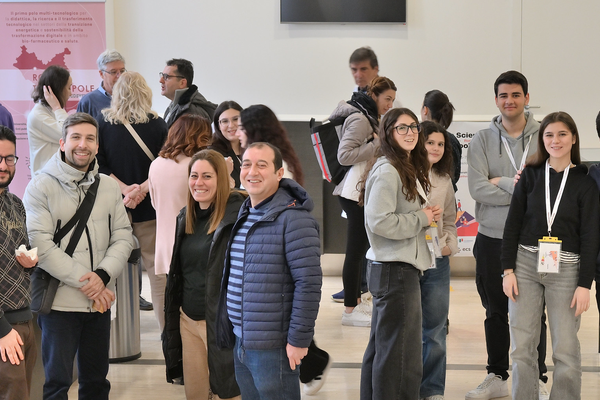
Simona Cerrato April 9, 2025, 8:45 a.m.
Rome Technopole School in Citizen Science. Impressioni a caldo
Gli aspetti umani, le emozioni e l'impegno personale sono elementi cruciali di ogni esperienza di apprendimento. Qui raccogliamo le impressioni a caldo di alcune delle persone che hanno partecipato con diversi ruoli alla Rome Technopole School in Citizen Science.
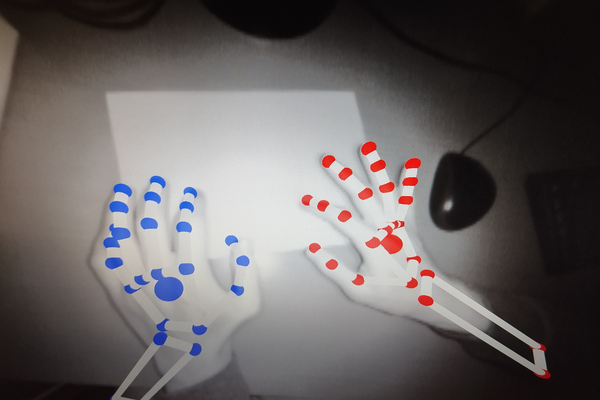
Marco Raoul Marini, April 9, 2025, 8:45 a.m.
A bridge between creativity, technology, and participatory science
An innovative example of citizen science, where Artificial Intelligence merges with geometric drawing, smartphone technology, and music to engage the public in co-creating knowledge. Developed in the VisionLab of Sapienza University of Rome’s Computer Science Department, the project is supported by the Anna Maria Catalano Foundation and selected for Fondazione TIM’s 2023 “Call for Ideas.” Beyond technological innovation, DSM stands out for its democratic and inclusive approach, transforming users into active contributors to research.
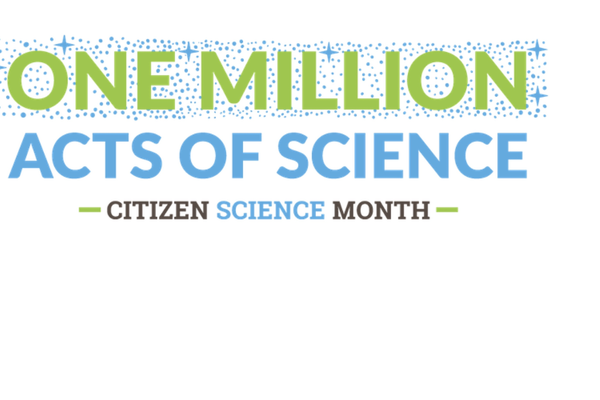
Emma Giles, March 31, 2025, 11:23 a.m.
The Citizen Science Month: One million acts of science
Global Citizen Science Month expands with European Collaboration. Participatory science gains traction; researchers aim for more than 1,000,000 Acts of Science this April during Citizen Science Month. This April, Citizen Science Month goes global like never before! SciStarter.org, Arizona State University, and partners are once again calling on people around the world to contribute to more than 1,000,000 Acts of Science—but this year, the European Citizen Science Association (ECSA) is bringing a powerful new dimension to the movement.
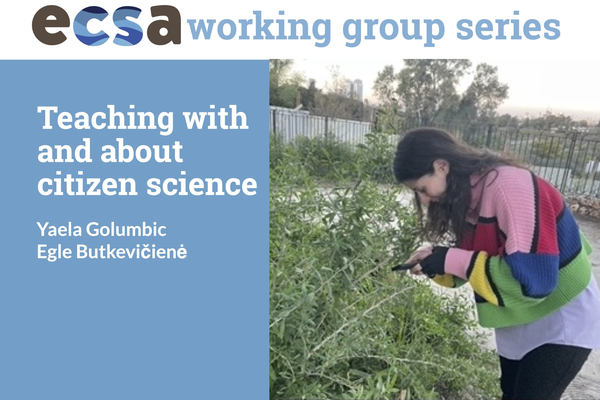
Yaela Golumbic March 17, 2025, 9:44 a.m.
Teaching with and about citizen science
The latest meeting of the ECSA Working Group on Citizen Science and universities focused on teaching with and about citizen science, offering insights into innovative approaches to integrating citizen science into university curricula.
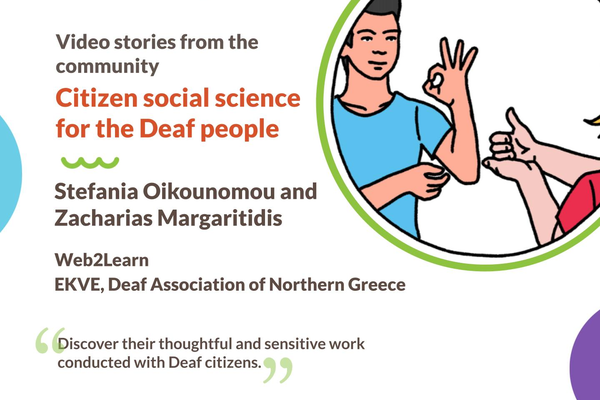
Stefania Oikonomou, March 13, 2025, 11:21 a.m.
ECS videoblog: Citizen social science for the benefit of deaf people
Citizen Science Stories from Across Europe: Episode 3. In our video blog series, we'll be sharing inspiring stories of citizen science initiatives from across Europe. Our third episode features Stefania Oikounomou (Web2Learn) and Zacharias Margaritidis (EKVE, Deaf Association of Northern Greece) talked about their thoughtful and sensitive work conducted with deaf citizens. Watch the complete video here: https://www.youtube.com/watch?v=PKjUPNyX0f8
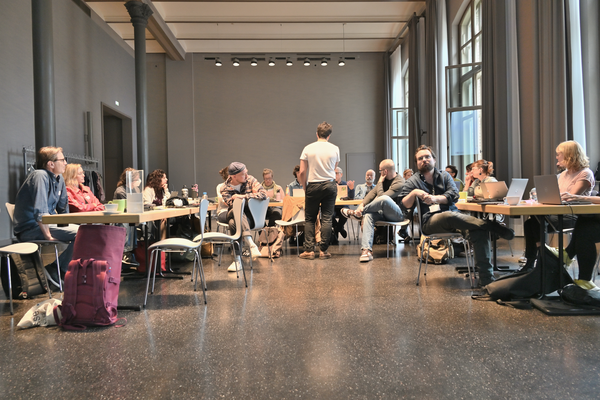
Marius Oesterheld Feb. 26, 2025, 4:09 p.m.
Citizen science beyond 2030
The third ECS high-level policy event has been an opportunity to take stock of the progress made so far and explore barriers, opportunities and strategies for strengthening citizen science contributions to sustainable development, both within the SDG framework and beyond 2030. The panel discussion revealed challenges, but also showcased lighthouse projects and potential ways forward.
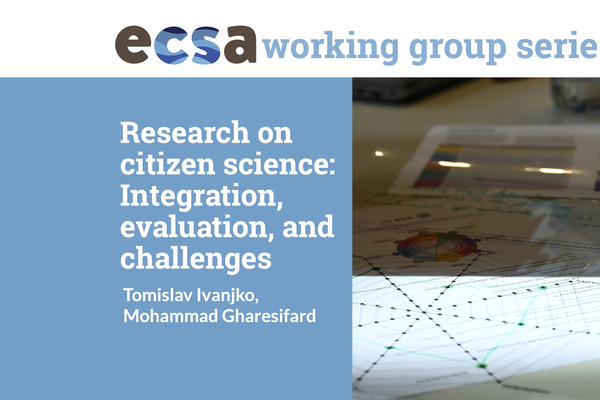
Tomislav Ivanjko, Feb. 18, 2025, 8:39 a.m.
Research on citizen science: Integration, evaluation, and challenges
Citizen science is not just a trend — it’s transforming the way research is conducted by involving everyday citizens in the scientific process. From biodiversity monitoring to historical archiving, universities are using citizen science to foster collaboration between academia and the public. But how exactly is this innovative approach being integrated into university settings, and what challenges do universities face in making it a success?
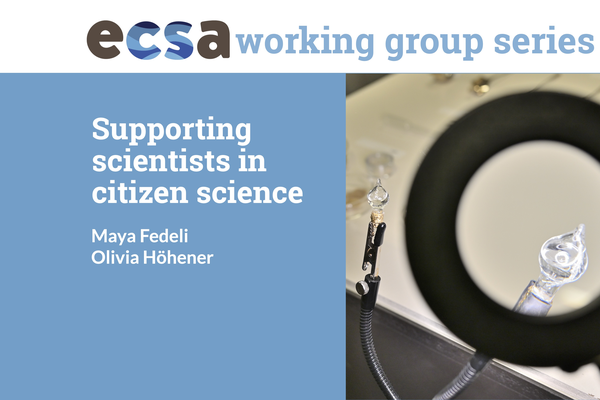
Maya Fedeli, Jan. 2, 2025, 2:35 p.m.
Supporting scientists in citizen science
From information on citizen science to project support, funding, training and community building. How to empowering researchers to engage, collaborate, and drive impactful citizen science initiatives?
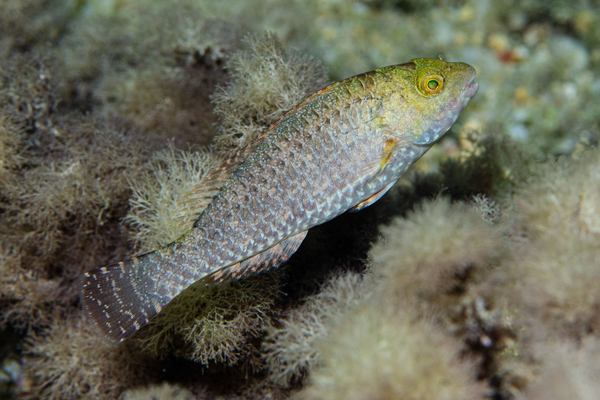
Sonia Liñán Dec. 5, 2024, 9:57 a.m.
First-time detection of tropical species marking climate change
The BioMARató, a citizen science event part of the ECS project, has confirmed, for the first time, the presence of two tropical species on the Catalan coast: the parrotfish (Sparisoma cretense) and the bearded fireworm (Hermodice carunculata). Both species, typically found in warmer waters, are regarded as indicators of climate change due to their northward migration, adapting to the Mediterranean’s changing conditions.

Dorte Riemenschneider, Nov. 27, 2024, 12:36 p.m.
ECSA and ECS are leaving X
The European Citizen Science Association (ECSA) and the European Citizen Science (ECS) project are leaving X (formerly Twitter), and we invite you to join us. The decision to leave X stems from significant ethical and practical concerns involving the management of the platform. We invite you to follow us on our newly opened Bluesky account, as well as on the already existing LinkedIn, Instagram and Facebook channels.
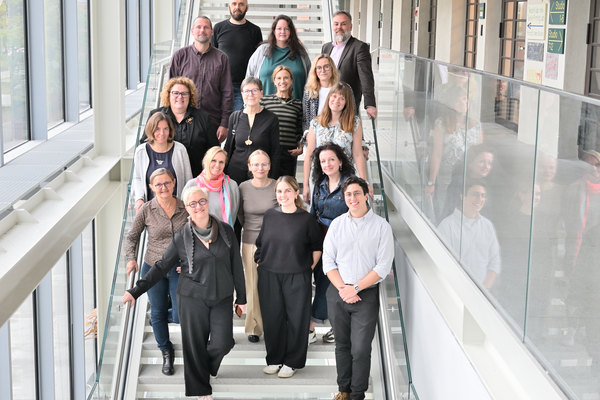
Juliette Chalant Oct. 29, 2024, 11:51 a.m.
Public libraries: a unique place to do citizen science
Over two days,17 and 18 October, librarians participating in the ECS project gathered in Ljubljana, Slovenia to exchange on their experiences in organising citizen science activities. Hosted in the newly opened innovative social and creative hub Center Rog, we engaged in reflections and discussions on the role of public libraries as hubs for citizen science and engagement. The gathering underscored public libraries' unique role in democratising science, and showcased the importance of in-person exchanges to inspire future projects and initiatives across Europe. Although it seems like citizen science is a relatively ‘new’ concept to the public library sector, by participating in the ECS project, the libraries realised that they had been doing citizen science for many years, they just didn’t know it.